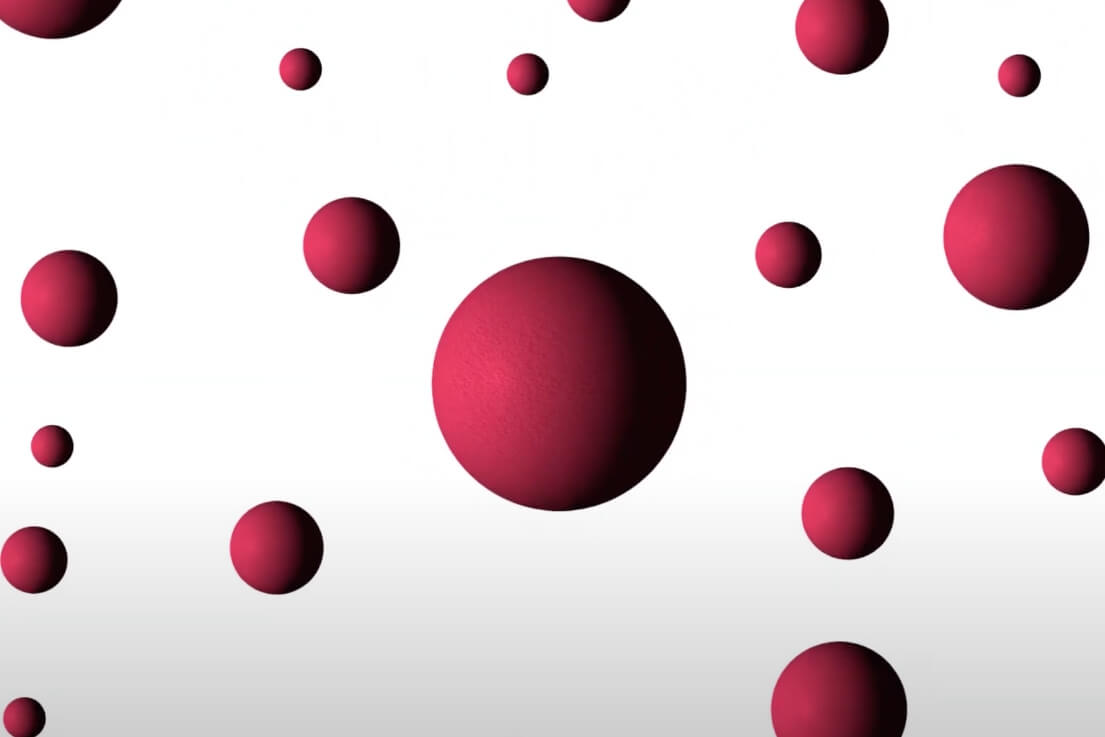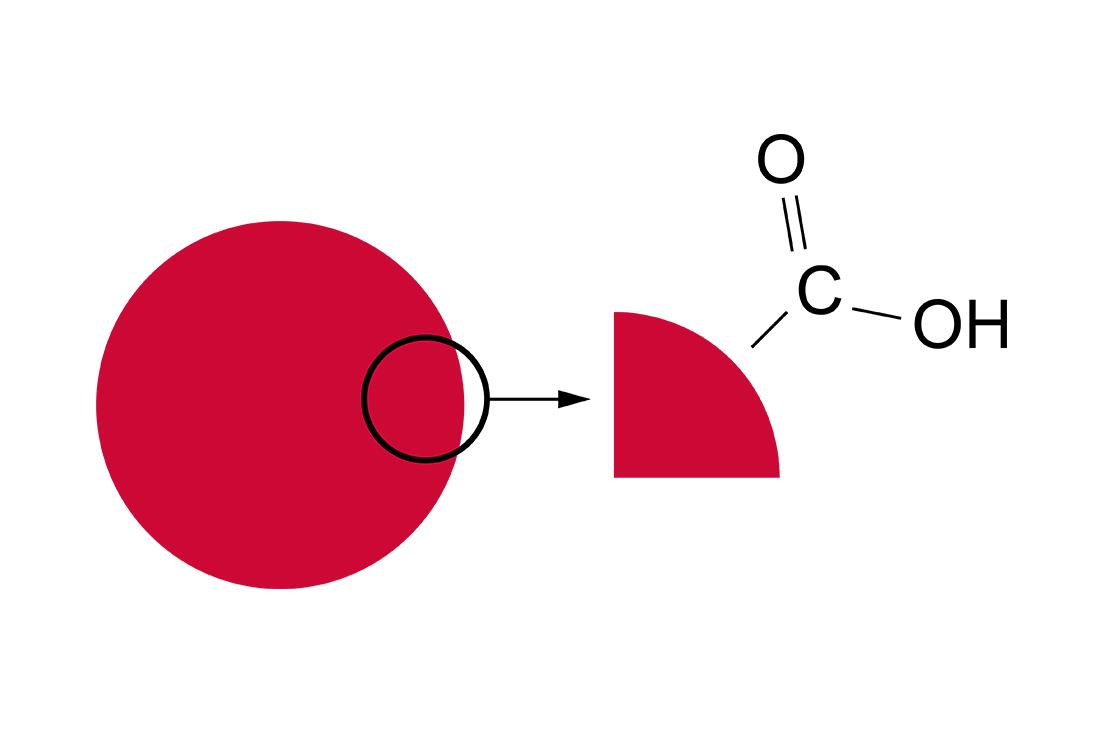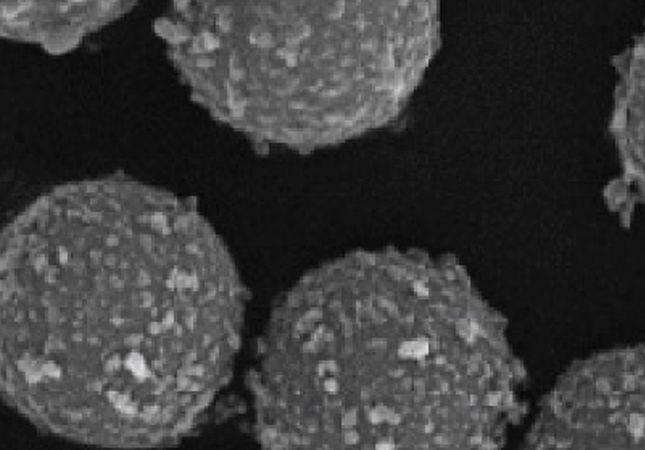xMAP® Microspheres
Delivering the versatility to perform a wide range of protein and nucleic acid-based multiplex assays on a single platform

The world’s most used multiplexing technology
xMAP® Microspheres are internally color-coded microspheres with precise concentrations of multiple fluorescent dyes, yielding up to 500 distinctly colored bead sets. xMAP® microspheres can be coupled with target-specific molecules such as antigens, antibodies, oligonucleotides, enzyme substrates, receptors, etc.
After an analyte in a sample is captured by this target-specific molecule, a fluorescent reporter molecule is introduced to complete the reaction on the surface of each microsphere.
The internal dyes on the microspheres are excited by the red laser or LED to identify the microsphere set. Then, a green laser, green LED, or violet laser (xMAP INTELLIFLEX DR-SE only*) excites the fluorescent reporter dye. Using these signals, each individual microsphere is identified, and the amount of target molecule bound to its surface is quantified.
*For research use only. Not for use in diagnostic procedures.

xMAP® Microspheres (beads) pass through a red laser, or LED, which excites the internal dyes to distinguish the microsphere set. Then, green laser, green LED, or violet laser (xMAP INTELLIFLEX DR-SE only*) excites the fluorescent reporter dye to determine the result of the assay.
Each microsphere contains specific concentrations of internal dyes that correlate to a specific bead region. Although the internal dyes differ between regions, the outer coating of carboxyl groups is the same across all bead regions. This gives customers the flexibility to couple any region of bead to their analyte of choice, creating endless possibilities for assay development.
xMAP® beads come in a variety of formats, including magnetic (MagPlex) and non-magnetic (MicroPlex) beads.
*For research use only. Not for use in diagnostic procedures.

MagPlex® Microspheres—6.5-micron superparamagnetic beads that are dyed with up to three red and infrared fluorescent dyes, resulting in 500 distinctly colored bead sets—are our most versatile and efficient microspheres for high-plex applications. Approximately 108 surface carboxyl groups (COOH) cover the surface of the bead and serve as covalent attachments for capturing ligands. A fluorescent reporter is coupled to a target molecule, which allows its detection after specific capture on the microsphere surface.
What can be coupled to the beads?
- Antibodies
- Antigens/Other Proteins
- Modified Oligos
- Peptides
- Carbohydrates
- Small Molecules
Research footprint
Discover moreLet xMAP® microspheres do the heavy lifting
xMAP® Technology uses color-coded beads to test for multiple targets from a single sample.
Each polystyrene microsphere contains specific concentrations of internal dyes that correlate to a specific bead region. Although the internal dyes differ between regions, the outer coating of carboxyl groups is the same across all MicroPlex® and MagPlex® bead regions. This offers customers the flexibility of coupling their analyte of choice to any bead region, creating endless possibilities for assay development.
In addition to the MicroPlex® and MagPlex® Microspheres, Luminex offers specialized beads for specific applications, such as MagPlex®-Avidin, SeroMAPTM, and MagPlex®-TAG Microspheres.
KITS & REAGENTS
MagPlex® Microspheres
KITS & REAGENTS
MagPlex-TAGTM Microspheres
KITS & REAGENTS
MagPlex®-Avidin Microspheres
KITS & REAGENTS
MagPlex® Monitoring Microspheres
KITS & REAGENTS
MicroPlex® Microspheres
KITS & REAGENTS